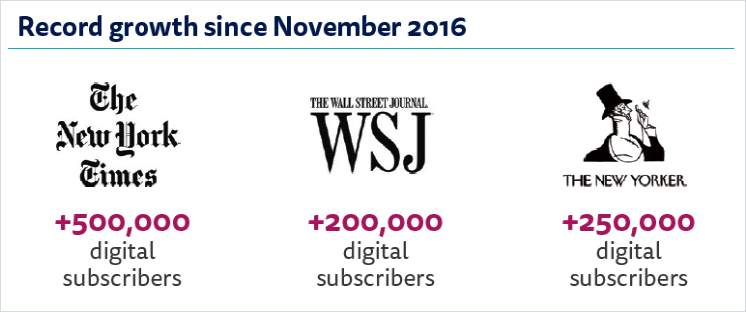4 reasons marketers must shift toward a ‘knowledge extraction’ mindset
Marketers… if you had to describe your most important role in one or two words, what would you say? My gut tells me that many would say “promotion,” “brand building” or “thought leadership.” I doubt many would say “knowledge extraction.” And that must change.
Knowledge extraction is basically that — extracting knowledge from your subject-matter experts (SMEs). It’s a specialized skill when done right, and it’s imperative for effective business-to-business and professional services marketing. Here’s why:
1. A strong reputation for expertise is critical in B2B and professional services
Let’s walk through how relationships and expertise work in business-to-business and professional services markets:
1. People do business with people and companies they believe can solve their problems and help them grow their businesses and firms.
2. People do business with people they like and have relationships with.
3. #1 is MORE important than #2. If clients like you and have a relationship with you, but don’t think you can do the job, you aren’t getting the work. Business is business.
4. The sweet spot is to combine #1 and #2 — work on demonstrating your expertise and building relationships. And you know what? By giving away knowledge, you build relationships. People like free information that helps them do their jobs better.
When you add the third-party referral factor on top of this, you see how building a reputation for expertise is incredibly powerful.
Let me explain: A reputation for expertise drives referrals, even from people who’ve never done work with your company or firm before. I’m sure you’ve been in a conversation before, where someone asks for a recommendation for a vendor, and someone says they’ve “heard about” a certain vendor.
They haven’t worked with you, yet they are referring you. That’s the power of expertise-reputation building.
2. Your subject-matter experts hold all your expertise… ‘cept communication
We work with a lot of smart people — lawyers, engineers, construction project managers, architects, software engineers, accountants and more.
None of these people are professionally trained writers, natural-born storytellers, content marketers, videographers or graphic designers.
They also have full-time jobs.
As I said in a previous blog post, If you have a SME that (1) has the time to create content, (2) knows how to write (like actually, really write), and (3) understands content marketing strategy, then have at it. If you find this magical unicorn, congratulations. Now go buy a lottery ticket.
3. Quality is now the name of the game in content marketing
In the media world, 2018 is the year of the paywall comeback. From The Washington Post to The Atlantic, major media outlets are bringing back the paywalls they dismantled a decade ago, as they see consumers willing to pay for digital content on platforms like Netflix and Spotify.
Data on consumer behavior support the moves. A 2017 Reuters Institute Digital News Report found that the share of Americans ages 18 to 24 who paid for online news between 2016 and 2017 jumped from 4 percent to 18 percent, and the 25 to 34 age group rose from 8 percent to 20 percent.
Source: Reuters Institute Digital News Report
What does this mean?
It means people are sick and tired of crap. All the fluff. Clickbait. Fake news. Bad writing. Obtuse, jargon-filled, mind-numbing crap.
People want clear and compelling writing, inspiring videos and functional yet attractive design. And professionals deliver that.
4. Knowledge extraction is critical to effective B2B and professional services content marketing
So far, we’ve established that:
-
Demonstrating expertise is critical to B2B and professional service marketing
-
Your SMEs hold all your expertise
-
Your SMEs are typically poor communicators (there are always exceptions to every rule)
-
Today’s audiences demand quality information
What’s a marketer to do?
Extract your SME’s knowledge, translate it and communicate it effectively.
Knowledge extraction is what journalists have been doing all along. In fact, “brand journalism” is an often-used interchangeable term for “content marketing” (cue the terminology debates).
At Reputation Ink, our knowledge extraction process includes:
-
- Skilled subject-matter expert interviews.
-
- Independent research. We make sure that the SME doesn’t have to educate us on information we can learn on our own before we conduct interviews (so we never waste their time). We also make sure we’re aware of the most recent advances, trends and issues so that our clients are also on the cutting edge.
-
- Ongoing tracking of industry issues and trends through newsletter subscriptions, Google Alerts and other subscription services.
-
- Collecting and categorizing the information, building upon what we’ve learned so that the information can be used in different ways, from sales presentations to blog posts.
Once we’ve extracted the knowledge, we translate it into simple, digestible, entertaining and informative blog posts, case studies, e-books, infographics, videos, web pages, and more.
Do you have a knowledge extraction process that works? I’d love to hear about it. Email me at michelle@rep-ink.com or connect with me on Twitter @MichelleCKing.










